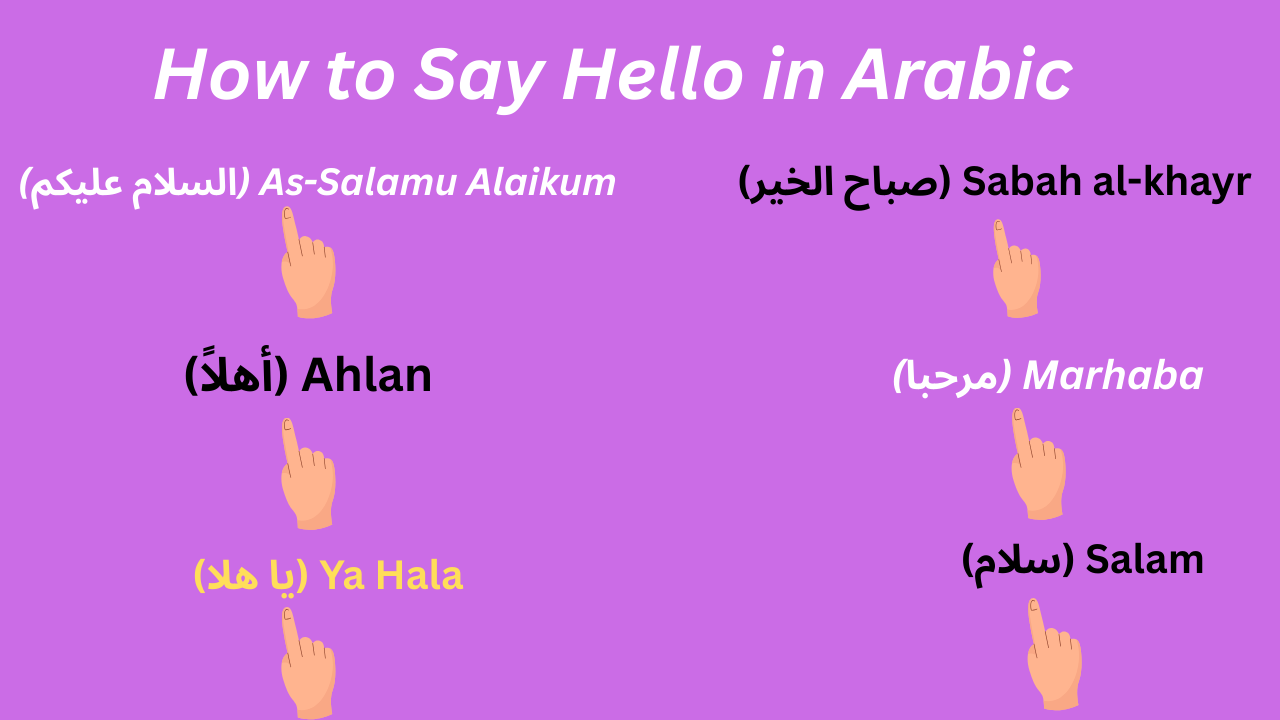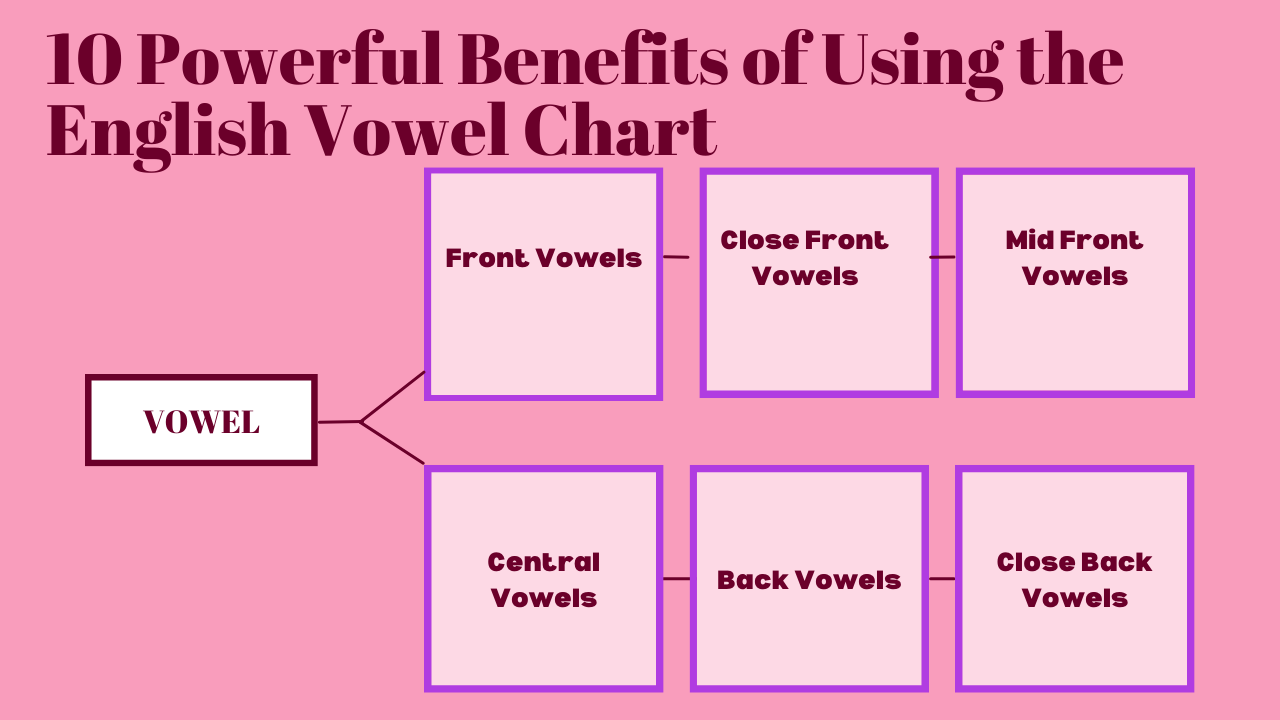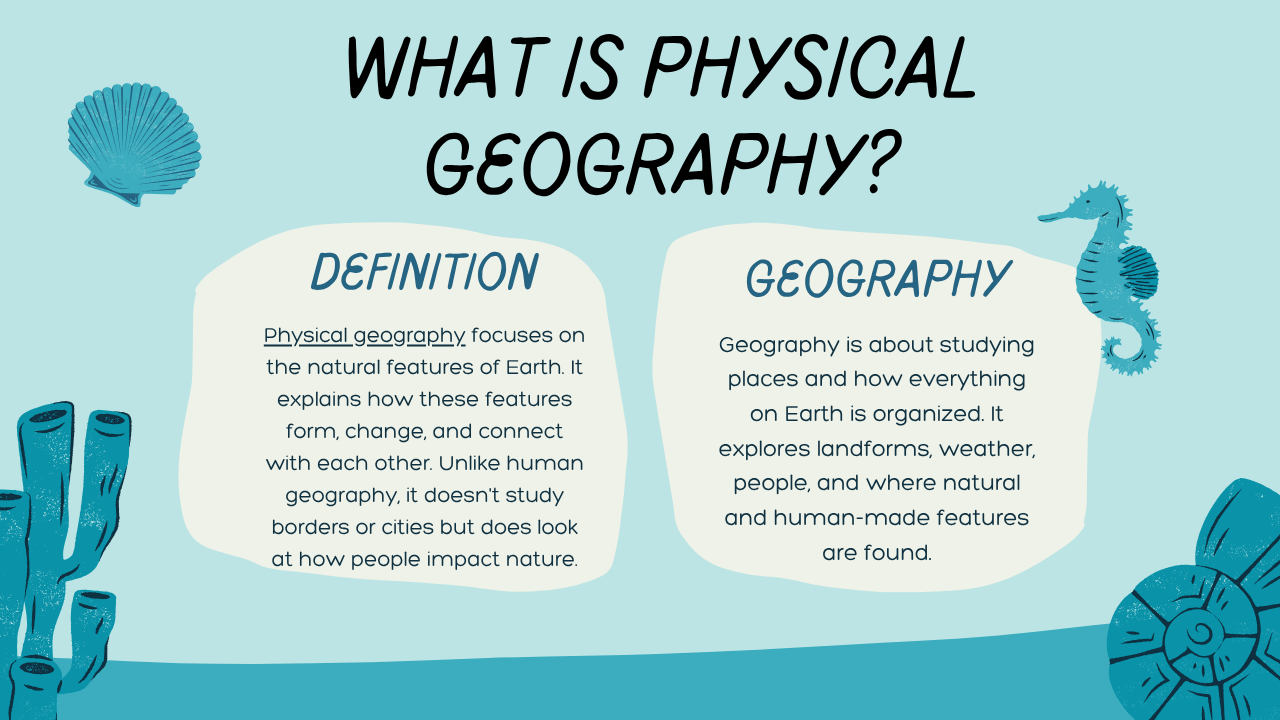1. As-Salamu Alaykum (السلام عليكم)
- Meaning: “Peace be upon you.”
- When to use: A universal, formal greeting used across all Arabic-speaking regions. It’s rooted in Islamic traditions but is also commonly used in secular settings.
- Response: Wa alaykum as-salam (وَعَلَيْكُم السَّلَام) — “And peace be upon you too.”
How Do You Say “Hello” in Arabic?
Your Friendly Guide to Greeting in the Arab World
Are you planning a trip to the Middle East or North Africa? Maybe you’re just curious about other cultures or want to impress your friends by speaking a few words in another language. Either way, learning how to say hello in Arabic is a great place to start!
Arabic is a beautiful and rich language spoken by millions of people across different countries and regions. But did you know that the way you say “hello” in Arabic can vary depending on the country, dialect, or even the situation?
In this guide, we’ll explore the most common ways to say hello in Arabic, so whether you’re visiting Dubai, Cairo, or Casablanca, you’ll know exactly how to greet someone with confidence and cultural respect.

2. Marhaba (مرحبا)
- Meaning: “Hello” or “Welcome.”
- When to use: A casual and friendly greeting suitable for both formal and informal situations. It’s widely understood and used across the Arab world.

3. Ahlan (أهلاً)
- Meaning: “Hi” or “Welcome.”
- When to use: Common in informal settings. Often combined as Ahlan wa sahlan (أهلاً وسهلاً) to warmly welcome someone, especially if they’re a guest.

4. Sabah al-Khayr (صباح الخير)
- Meaning: “Good morning.”
- When to use: Greet someone early in the day.
- Response: Sabah an-Noor (صباح النور) — “Morning of light.”
5. Masa’ al-Khayr (مساء الخير)
- Meaning: “Good evening.”
- When to use: A polite way to greet someone in the afternoon or evening.
- Response: Masa’an-Noor (مساء النور) — “Evening of light.”
6. Ya Hala (يا هلا)
- Meaning: “Hi there” or “Welcome.”
- When to use: A casual yet warm greeting commonly used in the Levant region.
7. Salam (سلام)
- Meaning: “Peace.”
- When to use: Informally, among friends or acquaintances.
- Pronunciation Guide
- To help you pronounce these greetings correctly, here’s a phonetic pronunciation guide:
- As-salamu alaykum: Ah-sah-lah-mu ah-lay-koom
- Marhaba: Mar-ha-ba
- Ahlan: Ah-lan
- Sabah al-khayr: Sa-bah al-khayr
- Masa’ al-khayr: Ma-sa al-khayr
- Ya Hala: a Ha-la
- Salam: Sa-lam
Cultural Context
Understanding when and how to use these greetings is just as important as knowing the words themselves. Here’s a quick rundown of cultural nuances to keep in mind:
- Politeness: Arabic culture places a high value on greetings, and failing to greet someone properly can come across as disrespectful.
- Extending Greetings: It’s common to pair verbal greetings with a handshake, a light cheek kiss, or a hand over the heart (especially in formal settings).
- Responses Matter: Always respond to a greeting, as this is considered essential to polite interaction.
- Use of “As-salaam alaykum”: This greeting is universal and respectful, making it suitable for meeting someone for the first time or addressing a group.
While Modern Standard Arabic (MSA) is understood across the Arabic-speaking world, local dialects often influence how people greet each other. Here are a few regional variations:
Maghrebi Dialects (Morocco, Algeria, Tunisia): Labas (لاباس) informally means “Are you well?” and is widely used alongside Salam.
Egyptian Dialect: Marhaba becomes Maraheb (مرحبتين) as a friendly twist. Ayaak / Ezayak (إزيك) means “How are you?” but is often used as a casual greeting.
Levantine Dialect (Syria, Lebanon, Jordan, Palestine): Salam and Ahlan are widely used. Shlonak (شلونك) means “How are you?” and doubles as a greeting.
Gulf Dialects: Ya Hala is particularly common. Shakhbarak (شخبارك) means “What’s your news?” and acts as an informal “hello.”
Conclusion
Now that you’ve learned the different ways to say hello in Arabic, you’re one step closer to connecting with Arabic speakers in a more personal and respectful way. Whether you’re traveling, meeting new people, or simply exploring new languages, knowing how to say hello in Arabic can make a great first impression. From “As-salamu Alaikum” to “Marhaban,” each version of hello in Arabic carries its own cultural charm—so go ahead and start greeting the world with confidence!
FAQs
1. Is “As-salamu alaykum” religious or cultural?
While “As-salaam alaykum” originates from the Islamic tradition, it’s widely used in both religious and secular settings to politely greet someone.
2. What’s the difference between “Ahlan” and “Marhaba”?
Both phrases translate to “hello,” but “Marhaba” is more neutral, while “Ahlan” conveys warmth and a sense of welcome.
3. Can I use Modern Standard Arabic (MSA) greetings everywhere?
Yes, MSA is understood across all Arabic-speaking countries, but using local dialects may create a more personal and authentic connection.
4. How can I practice these greetings?
Use language apps, watch Arabic videos, or practice with native speakers to get comfortable with these phrases.
5. What’s the easiest Arabic greeting for beginners?
Start with “Marhaba” (hello) or “Salam” (hi) as they’re simple and suitable for most situations.
By mastering these greetings, you’ll take the first step towards understanding the beauty and depth of Arabic culture and language.
Read Also: How to Say Good Morning in Arabic







